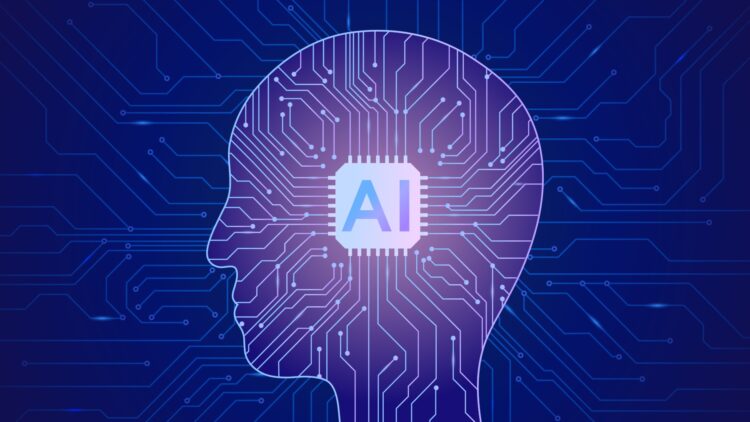Artificial intelligence is quickly gaining traction in finance, storage, and DevOps organizations as they seek to improve analytical capacity and simplify business workflows. This large-scale adoption of AI is a paradigm shift as compared to pilot applications, as it is an introduction to the production-scale application that is ripple-effect-driven to business operations. To manage complex workflows, organizations are using AI factories and agentic systems to continue to maintain the governance and compliance level.
AI factories transform how businesses in the financial services industry operate
Many financial institutions are using AI factories – automated, modularized infrastructure that handles the whole AI lifecycle from ingestion of market data to production deployment of machine learning models. The systems allow algorithmic trading teams to train, deploy, monitor, and accept models at scale out to distributed, high-performance computing. Kathy Lange, research director at IDC, says that “AI factories are AI value-driving environments” complete with high-speed chips and integrated governance capabilities.
Based on the nanosecond-level data detected in high-frequency trading, another example of this technology is that to train our model for calculations and predictions, we need high-speed simulations and real-time training, and the data processing capabilities of graphics processing units give us an advantage. Trading firms and hedge funds are also implementing NVIDIA AI Enterprise, utilizing DGX systems to perform massive simulations, model on time-series financial data, and perform back-testing and inference operations based on the use of GPUs to gain a competitive edge.
Intelligence and Machine Learning – Fraud detectors are now even faster
The Watson Studio at IBM and Cloud Pak at Data assist banks in consolidating data, overseeing model life cycles, and constructing conforming credit scoring, fraud identification, as well as financial planning workflows by applying complex behavioral pattern analysis to numerous data points. By processing transactions and analyzing data in real-time, these AI-powered systems can help financial institutions identify fraudulent activities more quickly by analyzing patterns of transactions and customer behavior as well as biometric data.
By deploying AI factories, financial institutions will have the capacity to conduct hundreds of experiments at the same time in a controlled, repeatable model, with the AI-based algorithmic trading market expected to rise by 12.2% per compound annual growth rate in 2 years (2022-2030). This is an order-of-magnitude scaling capability that will completely change the way financial services think about innovation and risk management.
While the AI-driven algorithmic trading will dominate the market, the market is also expected to grow enough when compared to 2021 levels, at 70% of U.S. stock market volume and the $15.5 billion of global market value, it is expected to increase significantly until 2030. This rapid rise subordinates the need for scalable AI infrastructure in ensuring competitive placement in financial markets.
Enterprise storage and analytics benefit from integrated solutions
Technology Companies are adopting AI-driven storage Solutions that Automatically Optimize Data Placement, Hardware Failure Prediction, and Capacity Planning Across Hybrid Cloud Environments. Such systems make use of machine learning algorithms to see patterns of usage and even performance metrics so that they can perform proactive maintenance and resource assignment. Microsoft Azure fabric and machine learning is a set of secure and scalable MLOps platforms for end-to-end AI model lifecycles with integrated Azure Synapse Analytics and Power BI data pipelines.
Key Integration Areas:
- Finance trading: Model serving and risk management
- Storage optimization: Capacity planning, predictive maintenance.
- DevOps automation: Continuous and deployment processes.
- Analytics enhancement: Behavioral Patterns and Intelligence
The integration of AI via finance, storage, and DevOps is a fundamental shift in enterprise architecture technology. With no signs of slowing down, scaling these robust integrated AI systems, it becomes important to maintain control and, at the same time, rapidly experiment to achieve a long-lasting competitive edge and operational superiority.


